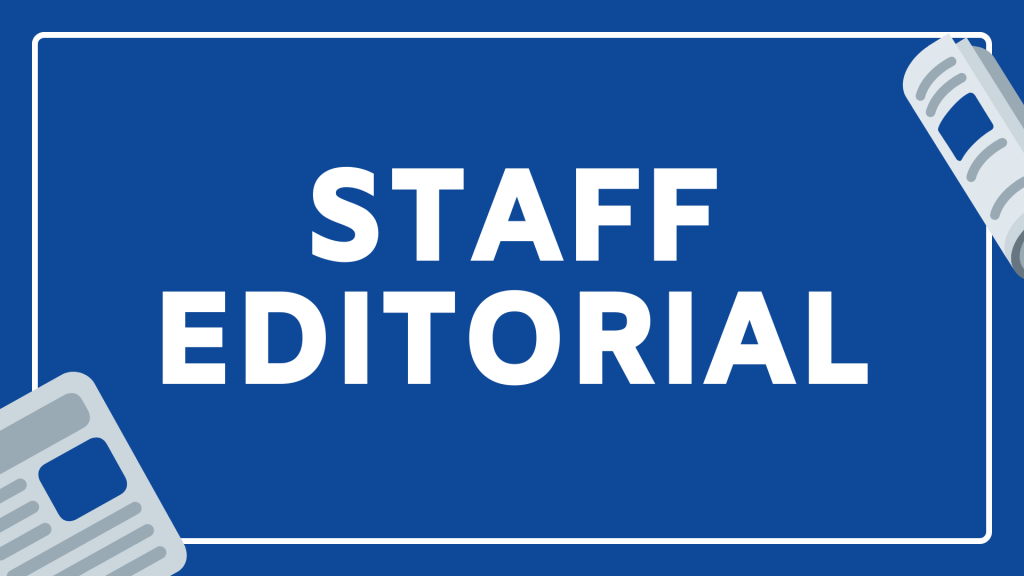Staff Ed: New Voices Bill protects rights, but only for some
2 min read
The Blue & Gray Press
By THE BLUE AND GRAY EDITORIAL BOARD
The Virginia New Voices Bill to protect student journalists, HB 36, passed through the Virginia Education Committee on Feb. 3 with a major amendment that does not include protections for middle and high school journalists.
The bill, sponsored by Delegate Chris Hurst (D-Blacksburg), says that “except in certain limited circumstances, a student journalist at a public institution of higher education has the right to exercise freedom of speech and the press in school-sponsored media… regardless of whether the media is supported financially by the governing board of the institution, supported through the use of campus facilities, or produced in conjunction with a course in which the student is enrolled.”
The initial proposed legislation included protections for middle and high school students, but these protections proved controversial among some delegates, leading to the amendment. According to the Student Press Law Center (SPLC), the Virginia New Voices coalition is hoping the legislature will hold the bill rather than pass it in its current amended state. Hurst can progress with a vote on HB 36 or wait and reintroduce it in 2021 with protections for high school journalists. It is unlikely that middle school journalists will be included because of opposition from legislators.
New Voices laws are intended to counteract the effects of the Supreme Court decision in Hazelwood School District v. Kuhlmeier, which gave school administrators the authority to censor student journalists.
Student journalists are far too often criticized and told they are not “real” journalists. Yet, it is often students who crack open the lid on serious issues. For example, in 2017, high school journalists in Kansas did an investigation into their new principal’s credentials and found she had lied on her resume and bought some of her degrees from a diploma mill. The principal resigned following publication.
“High school students are the crux of the issue,” said Hillary Davis, the New Voices advocacy and campaign organizer for the SPLC. “They do not have the protections that college students already have and we feel that it’s really important that we protect these students and the advisers from retaliation,” said Davis.
As college journalists, we must stand with younger journalists in public secondary education. They deserve the same protections under the law as any other journalist. Censoring student journalists only discourages them from reporting on tough issues. We are in the process of learning how to report on serious issues in a responsible, nuanced way. Legislators and administrators should be supportive of student journalists, not afraid of them and what they may publish. When students are stripped of their First Amendment rights they are also stripped of an educational opportunity. Student journalists of all levels deserve to be free from censorship.
This editorial was led by Ginny Bixby.











